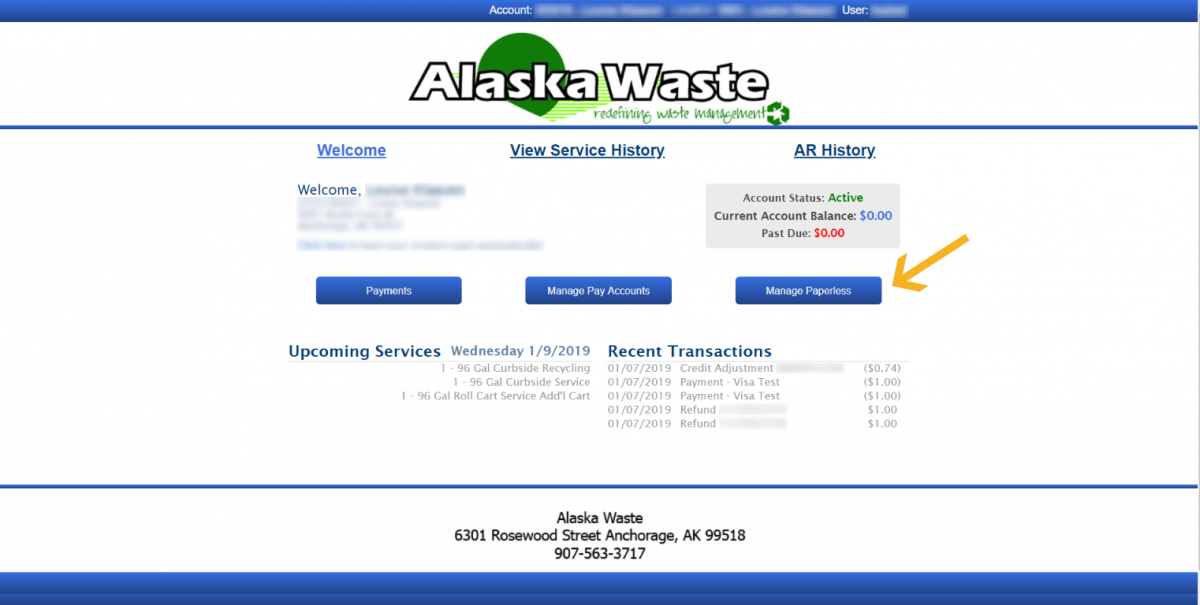

Now that you know what all those hidden cell phone charges mean, you’re in a better position to know what shouldn’t be on your bill. Carriers are usually motivated to keep you as a customer and may lower your rate to do it. It can pay to wield the ultimate consumer negotiation tool: the threat of leaving your provider.
#ATT PAPERLESS BILLING AND AUTOPAY PLUS#
AT&T: $5 per month on one line, $10 for a multi-line account, must enroll in autopay and paperless billing, must use a debit card or checking account, applies only to Unlimited Choice and Plus plans.Verizon: Up to $10 per month discount for enrolling in autopay with a checking account or debit card (credit cards do not qualify) and paperless billing.
#ATT PAPERLESS BILLING AND AUTOPAY HOW TO#
Here are some tips on how to lower your cell phone bill: There are, however, some things you can do to lessen the pain.

The way the law currently stands, wireless carriers have the right to pass these expenses along to the customer. Sprint fees "include, but are not limited to":Īs frustrating as these extraneous charges are, there's not much you can do about them. You must also enroll in auto-pay if you want the "Un-carrier’s" advertised rates. If you don’t, either by visiting the T-Mobile website or calling a T-Mobile customer service representative, you may see these charges on your bill: There is a catch, however: you must opt in to get this benefit. All fees and taxes are included in the advertised price – this is something no other major wireless carrier offers at the time of this writing. T-Mobile has revamped the way they structure your cellular bill.

Administrative Charge: Carriers charge an administrative fee to cover costs like maintenance and interconnection (i.e., when you make a phone call to someone on a different wireless network than yours).It’s a way for wireless providers to mitigate their own costs of complying with government regulations. Regulatory Charge: Despite the name, this is not a mandated charge.According to Verizon, this is how they recover state and local taxes they owe to the government. State Telecommunications Excise Surcharge: This fee may also be called Gross Receipts Tax Surcharge or similar.Carriers are not required to pass this cost along to their customers, but they might do it anyway. Universal Service Fund: The federal government requires carriers to pay a percentage of their revenue into the USF, which helps provide rural and low-income communications services.The National Emergency Number Association provides a list of each state’s wireless 911 tax rate. 911: There’s no mystery here – this fee is used to fund access to emergency services in your area.One of the main challenges in understanding your bill is deciphering the language used to itemize each fee.


 0 kommentar(er)
0 kommentar(er)
